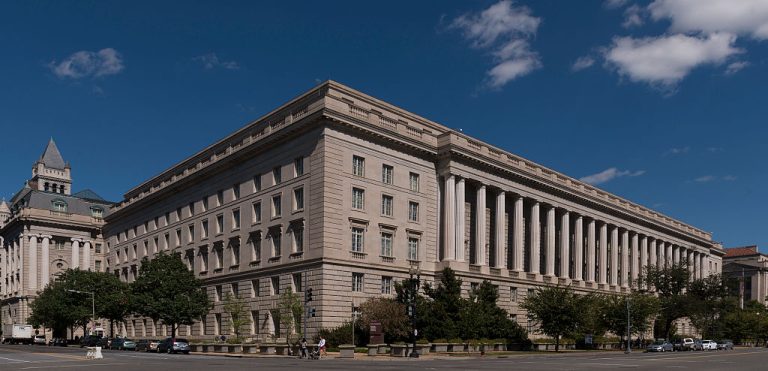According to the Joint Committee on Taxation, a nonpartisan tax watchdog, a key provision in the recently passed Inflation Reduction Act, which earmarks $80 billion in new funding for the Internal Revenue Service (IRS) — reportedly to improve the agency’s collection of under-reported income — will most likely end up targeting small business owners as a way to fund the new legislation.
The group is estimating that between 70 and 90 percent of the estimated $200 billion the IRS expects to collect will come from businesses earning less than $200,000 and just four to nine percent will come from businesses earning above $500,000.
This stands in stark contrast to the Biden administration’s repeated messaging that it would not raise taxes on anyone earning less than $400,000.
According to the NY Post, Joe Hinchman, the executive vice president at National Taxpayers Union Foundation, believes small and medium sized businesses are being targeted because they lack the resources to fight back.
“The IRS will have to target small and medium businesses because they won’t fight back. We’ve seen this play out before … the IRS says ‘We’re going after the rich’ but when you’re trying to raise that much money, the rich can only get you so far,” he told the NY Post.
Success
You are now signed up for our newsletter
Success
Check your email to complete sign up
Hinchman believes that targeting the lower and middle class is much more lucrative for the IRS than targeting the wealthy telling the NY Post, “The rich have their lawyers and fight it — that’s why the poor are easier to go after.”
Experts are saying that the looming IRS audits will be both painful and costly for small business owners, even for those who think they have filed their taxes correctly.
According to the NY Post, Daniel Bunn, the executive vice president at the Tax Foundation, says that most small businesses aren’t doing anything wrong and that the United States does not “make the tax code simple and the complicated tax code makes it difficult for small business owners to comply with all the requirements.”
Former secretary of state Mike Pompeo tweeted about the IRS expansion saying, “You think those 87,000 new IRS agents are just for show? Look at what the DOJ did last night to President Trump, while it slow-rolls and looks the other way on Hunter Biden. If they will go after a former President, they will go after you.”
According to Bunn, the painful truth is that even if small and medium sized businesses do everything right they will still have to contend with the IRS expansion that will most likely involve sending out more notices and inquiries to businesses stating they owe money, a scenario that will put many businesses in the red.
“Anytime you get an IRS letter, it could take months or years to get it settled — we’re talking many thousands of dollars to address,” Bunn told the NY Post adding that, “Large companies have constant reviews and lawyers going through everything … small business doesn’t have the resources to fight back.”
The Biden administration has dismissed claims that the new legislation will hurt small and medium sized businesses saying that the Joint Committee on Taxation’s estimates don’t take into account how much the bill will offset other costs for average Americans, citing an expected decrease in the cost of prescription drugs as an example.
However, tax experts argue that giving the IRS more resources and a mandate to find more money will inevitably have a negative financial impact on small businesses.
“The approach here is to double the IRS workforce, take the leash off, and see how much they can collect. I think they’ll collect it but it will be quite painful,” Hinchman told the NY Post.
















